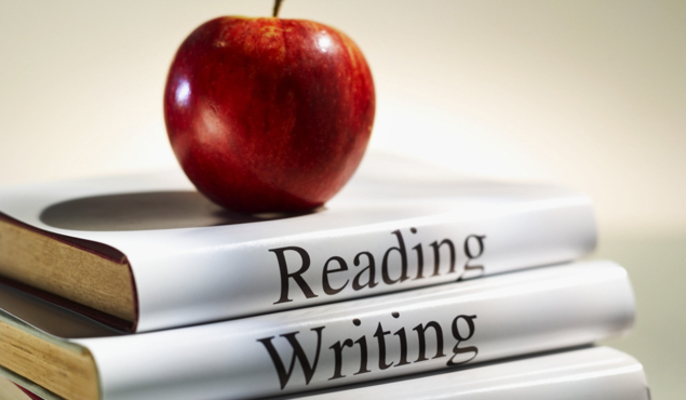An increasing topic of discussion is the importance of books and reading in general. With many other incentives and alternatives to reading in the dynamic ever-changing society we live in, why read when other activities can provide just as much, if not more pleasure? With less reading, why even write?
Recent research studies have confronted issues related to this question, and one possible factor that links health to both writing and reading is the ability to express.
1. The Power of Expressive Writing and Disclosure
“People who engage in expressive writing report feeling happier and less negative than before writing. Similarly, reports of depressive symptoms, rumination, and general anxiety tend to drop in the week and months after writing about emotional upheavals.”
-James W. Pennebaker, Writing to Heal
Source: Templateof
Emotional disclosure through the medium of writing has been associated with a multitude of mental health benefits.
For example, Murray et al.’s (1989) early study on writing or talking about a traumatic event has shown increased self-esteem, and adaptive behaviour such as coping with the experience.
The later Donnelly and Murray (1991) studies found results such as being more positive towards the topics discussed, reduced negative emotion, increased self-esteem and understanding of the problem.
2. Relieving Effects of Bibliotherapy
Aside from writing and telling, the act of reading itself also has an impact on our mental health. We know the massive literature concerning self-help and nonfiction sources, but the positive effects by reading are not merely just limited to that.
Whether it be fiction or nonfiction, reading most if not all books have the potential to relieve stress.
Nonfiction and self-help books take a direct approach to remedy people. By talking about issues directly, people can see what is going wrong and take action to in their own lives to counteract their stressors.
Fiction is a process of relating and empathizing. By empathizing with the difficulties of a character or more, we gain hope for our own lives and our distress subsequently decreases. Similar to looking up to role models in real life, people can step into another reality’s shoes and find hope in disparate conditions, then apply it to what they are experiencing outside of the book.
Of course, not all books are made to have the same effect on different people. For example, a National Geographic magazine and a Harry Potter story will have different effects for different kinds of people. Find what really takes you into the story and makes you comfortable.
3. Tips to Reading and Writing for the Sake of Healing
Writing:
- Find a time and place where you won’t be distracted
- Write continuously for at least 20 minutes
- Write about something very personal and important for only YOURSELF
- Look at the problems and events in front of you and not what will come later
- Spelling and grammar isn’t necessary
Reading:
- Have someone else read it to you as you close your eyes
- Find a bibliotherapist to recognize your own style
- Read in a group (if you are more of a social butterfly!)
- Know the story is what it is based on what you bring to it. The more you can relate and understand it, the more it can help.
So what are you waiting for? Read, read, read!
Featured image via Georgia Tech Health Promotion
